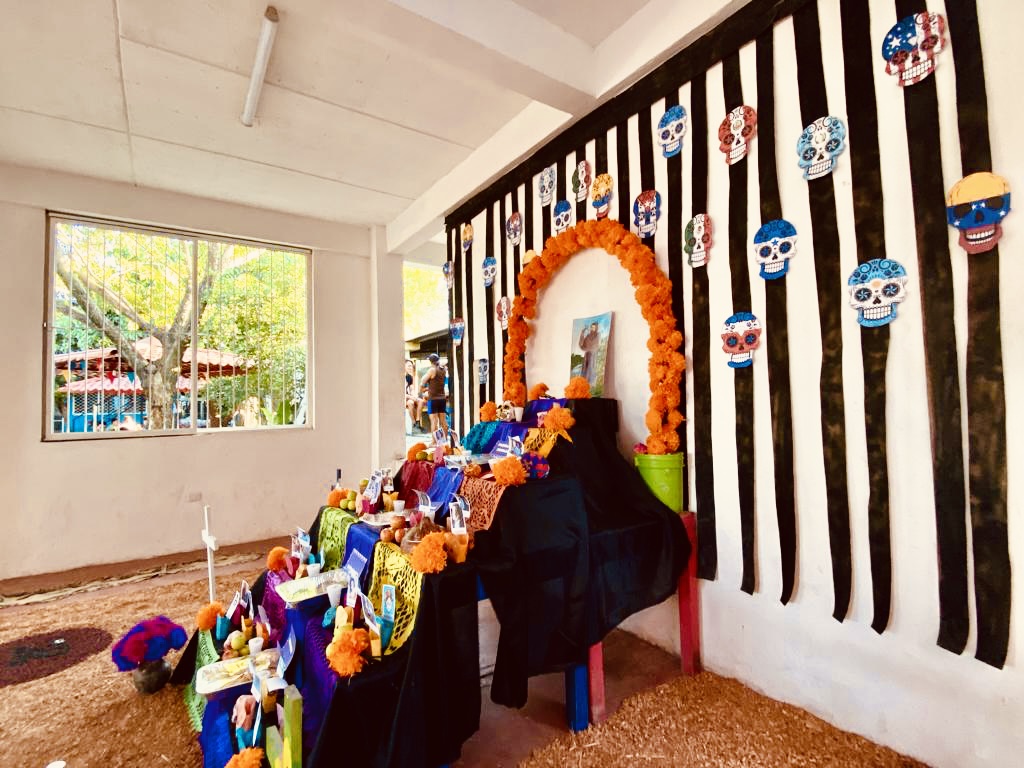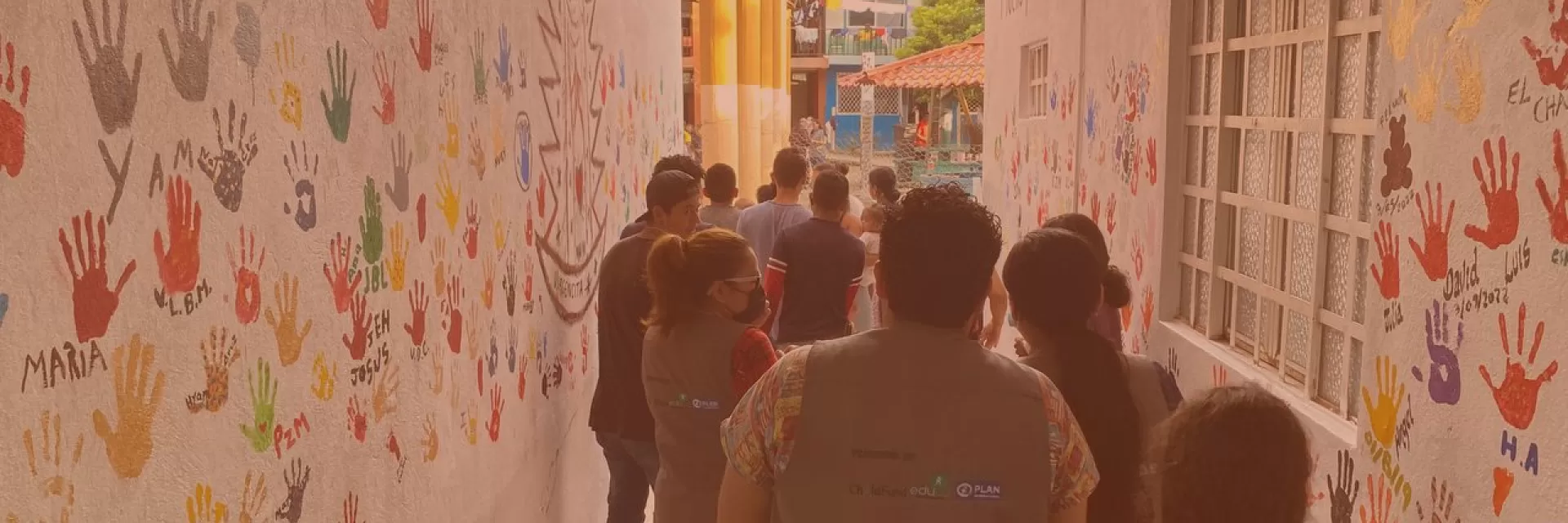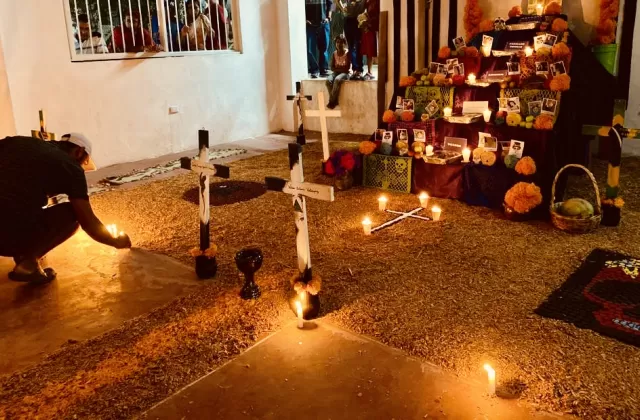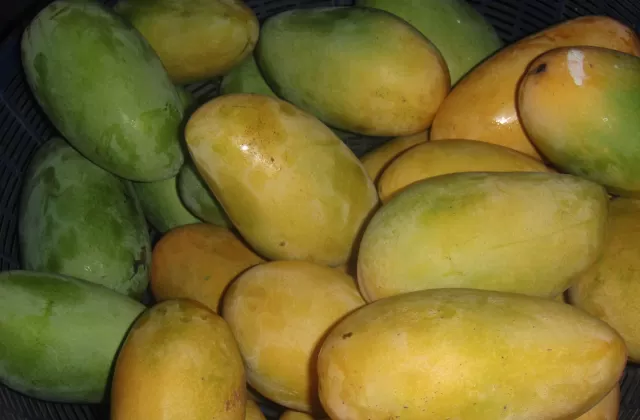Subscribe to our weekly newsletter HERE.
Deaths on Trois Rivieres crossing highlight need for bridge funding
Eleven women merchants died after the truck they were in toppled while attempting to ford the Trois Rivieres just outside of Gros Morne, Haiti on the evening of November 4, 2022. Nine women died in the accident; 2 more have died in the days since.
Presente! Melvin Calero Mendoza
 Melvin Calero Mendoza died in immigrant detention on October 13, 2022. He was the first immigrant to die in ICE custody since the current fiscal year (FY2023) began on October 1, 2022; the 45th immigrant to die in ICE Custody over the last five years.
Melvin Calero Mendoza died in immigrant detention on October 13, 2022. He was the first immigrant to die in ICE custody since the current fiscal year (FY2023) began on October 1, 2022; the 45th immigrant to die in ICE Custody over the last five years.
Letter to USDA requesting extension of mango pre clearance program in Haiti

November 1, 2022
Mr. Jorge Abad
Area Director for Central America and the Caribbean
USDA APHIS PPQ Preclearance and Offshore Programs
4700 River Road, Unit 66
Riverdale, MD 20737
RE: Mango Preclearance Program in Haiti
Dear Mr. Abad,
We are writing as partner organizations to groups working with small-scale producers in Gros Morne, Haiti.
Haiti: Fuel terminal “liberated;” military intervention paused, but still possible
The armed group, the G-9 Families and Allies, seizing control of the fuel terminal at Varreux has dominated news from Haiti for the past two months. The group’s blockade of fuel entering the country impacted food delivery and medical supply chains just as cholera was presenting again. The blockade, and apparent inability of Haiti’s police to deal with the situation, became the chief talking point for those seeking an armed intervention. Over the last six days the situation has changed.
In Memory of Unfinished Journeys
November 1st and 2nd marked Día de muertos in México; however, México is not the only country to celebrate the tradition of honoring the dead this week.

Mango Fransik: "Haitian gold" at risk
Last week we reported on the a decision by the USDA to block the importation of Haitian mangos because Haitian based inspectors were placed on leave due to security considerations. Below is a reflection on what this decision means for Gros Morne from Guy Marie Garçon, the chief agronomist & agronomy team coordinator for Karitas Pawas Lachandlè at the Jean Marie Vincent Formation Center.
Food security crisis in Haiti deepens, long term solutions are available
A portion of Haiti’s population is experiencing famine conditions for the first time since the Integrated Food Security Phase Classification (IPC) system was created in 2004. 19,000 people in Cite Soleil are estimated to be at risk of starvation. Outside of Port-au-Prince, the situation is also dire. IPC estimated 4.7 million people are facing severe food insecurity, with 1.8 million people at “urgent” levels.
Organizations Denounce Guatemalan Government's Treatment of Migrants
[Note: This is a translation of the denunciation. The original in Spanish can be read here]
TO STATE AUTHORITIES
TO THE GUATEMALAN INSTITUTE ON MIGRATION
TO THE MINISTRY OF THE INTERIOR
TO ALL PERSONS OF GOOD FAITH
The undersigned organizations denounce:
The US must restore asylum at the border, not expand Title 42
This week, the Mexican government confirmed that the Biden administration is considering expanding Title 42 for some nationalities while also
International community steps closer to military intervention in Haiti
Haiti’s acting Foreign Minister, Jean Geneus, and US Secretary of State Anthony Blinken, met with the Secretary General of the Organization of American States, Luis Almagro, last week to discuss the crisis in Haiti.
Things fall apart: An epidemiology of violence and cholera
On Sunday, October 2, acting health officials announced that 8 people had died of cholera in the community of Dekayet in southern Port-au-Prince and in Cite Soleil. These are the first cholera cases in three years. Prior to 2010 Haiti had no recorded cholera cases.






